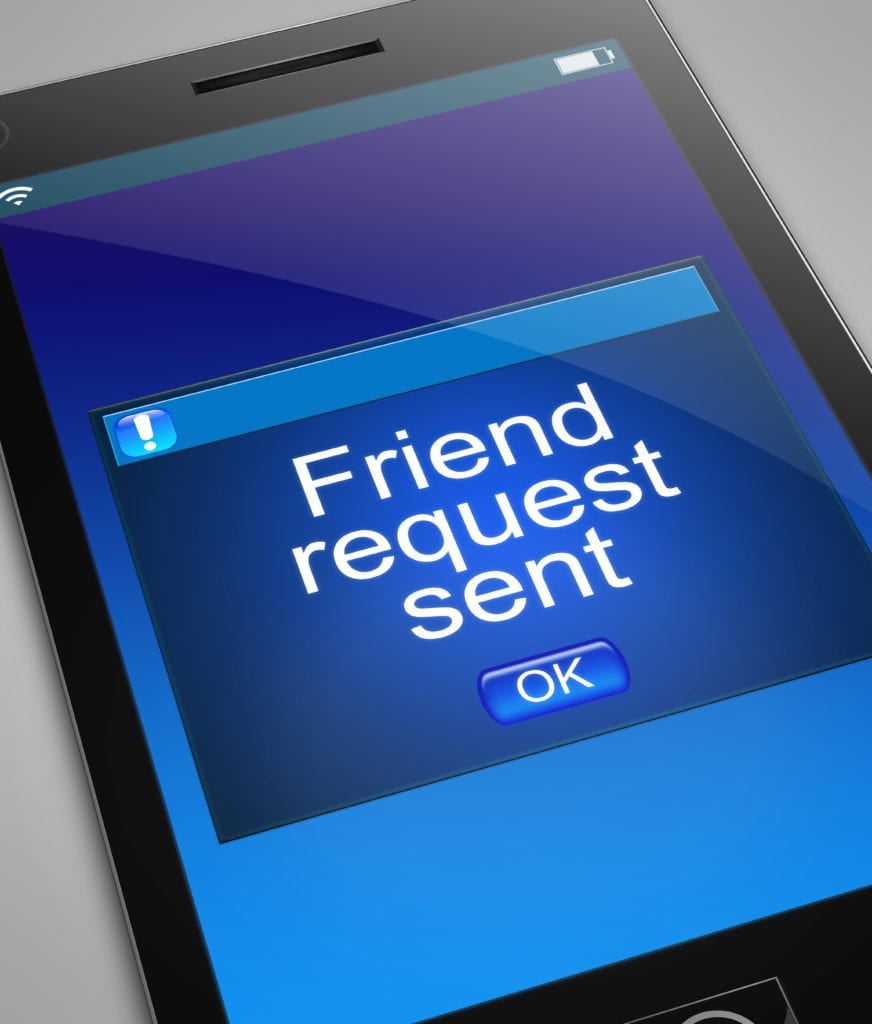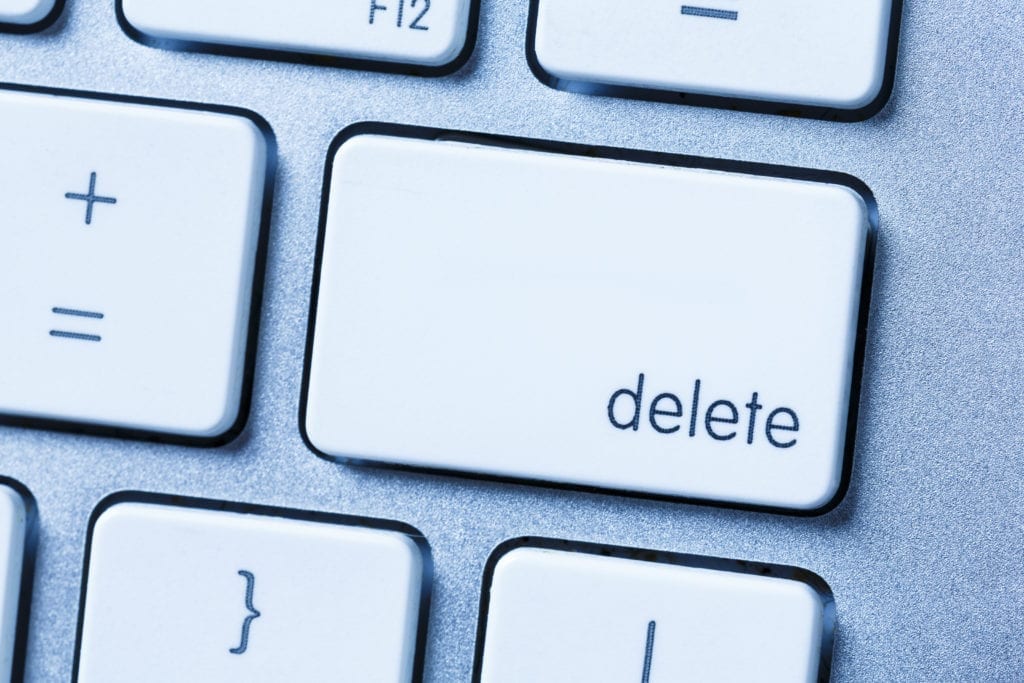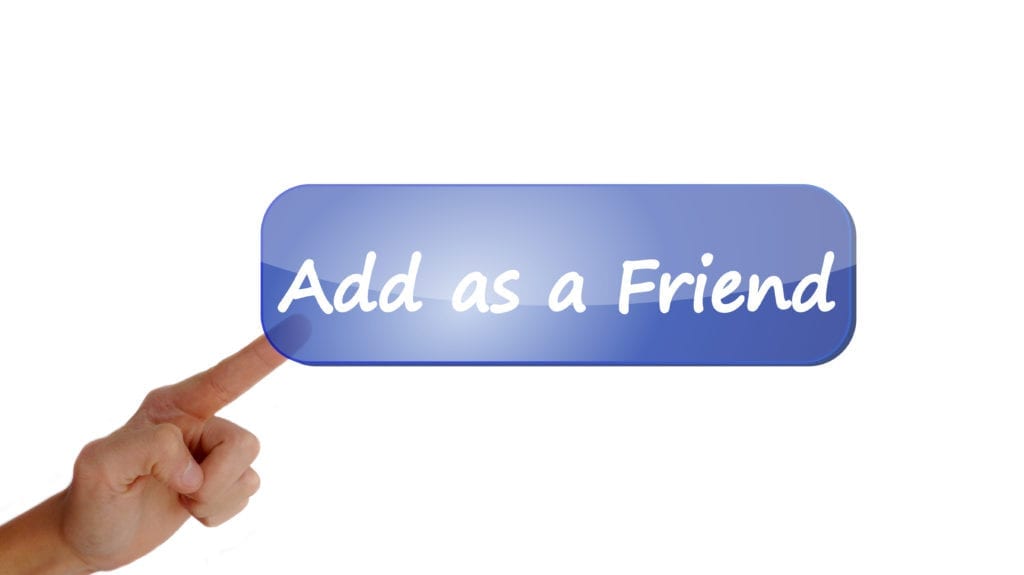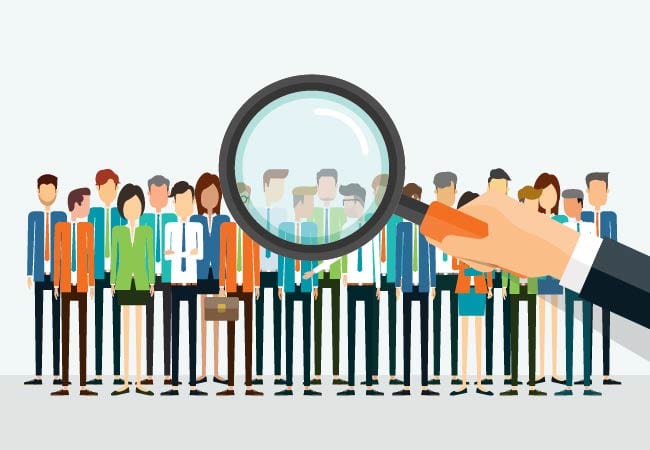Contacting Unrepresented People On Social Media

A lawyer’s communications with an unrepresented person are generally governed by Rule of Professional Conduct 4.3 or some similar equivalent. (See, e.g., Georgia Rule 4.3). Most versions of Rule 4.3: prohibit a lawyer from stating or implying that the lawyer is disinterested; require a lawyer to make reasonable efforts to correct any misunderstanding, when the […]
Advising Clients on Their Social Media Use

We have previously discussed a lawyer’s ethical duty to understand social media. Such an understanding is necessary to provide competent representation to clients. So how does that translate in the real world? How should lawyers advise clients with regards to their social media accounts? Keeping in mind that each jurisdiction may differ, here are some […]
Connecting with Judges on Social Media

A topic that seems to come up a lot is whether lawyers and judges can be “friends” or “connections” on various social media platforms. Is it ever ok? What if a judge sends a connection request to a lawyer? If the lawyer rejects it, how will the judge react? What if a lawyer is “friends” […]
Communicating With Potential Witnesses On Social Media

Last week, I discussed researching jurors via social media. Another area that lawyers may consider using social media for is to locate and/or research potential witnesses in a case. Some of the same concepts that apply to jurors apply to witnesses, but lawyers are not per se prohibited from actually communicating with witnesses, as they […]
Researching Jurors On Social Media

When trying a case, the more you know the better off you usually are. Information about jurors is no exception. As trial lawyers know, the amount of information one is able to obtain about potential jurors is limited (by time, by scope of questioning allowed, by juror honesty). In today’s world, it makes perfect sense […]
